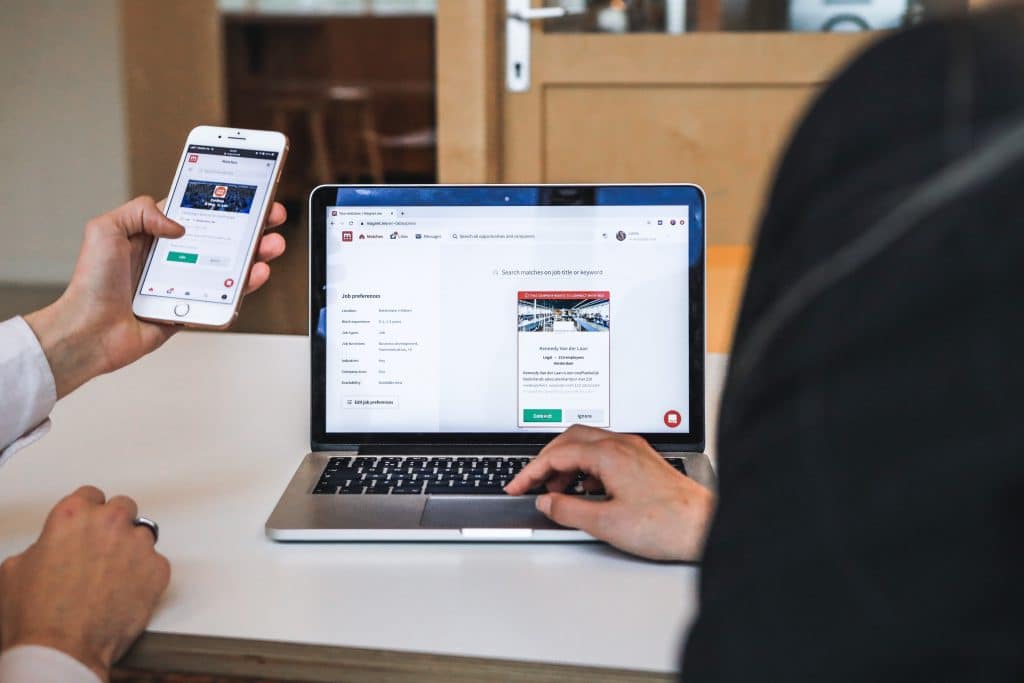Introduction

When it comes to website development, finding the right partner is essential. The wrong partner can lead to a subpar experience for your users, which can in turn hurt your business. So how do you find the right website development partner? Here are a few tips:
1. Do your research
Before you start reaching out to potential partners, it’s important to do your research. Look at their portfolio of work and read online reviews. This will give you a good sense of their quality of work and whether or not they’re a good fit for your project.
2. Meet them in person
If possible, try to meet potential website development partners in person. This will allow you to get a better sense of their work style and whether not you’ll be able to work well together.
3. Get a proposal
Once you’ve narrowed down your options, ask each potential partner for a detailed. This should include an outline of their process, their costs, and their timeline. Comparing proposals will help you make the best decision for your project.
4. Ask for references
Finally, don’t forget to ask for references from each potential partner. Speaking with their past clients will give you a good sense of what it’s like to work with them and whether or not they’re likely to meet your expectations.
Benefits of having a development partner

There are many benefits to working with a website development partner. First and foremost, they can help take your project to the next level. A good development partner will have a strong understanding of the latest trends and technologies, which they can use to improve your website.
Additionally, a development partner can provide valuable insights throughout the project. They can help you make decisions about your website’s design, functionality, and overall user experience. And if there are any problems along the way, they can quickly troubleshoot and find solutions.
Finally, working with a development partner can save you time and money in the long run. They can help you avoid costly mistakes and ensure that your website is built to last. In the end, this will save you both time and money, which can be reinvested back into your business.
Different types of development partners
There are a few different types of website development partners. The first is an agency. Agencies typically have a team of developers, designers, and project managers who can work on your project from start to finish.
The second type of partner is an individual developer. This is often a good option for smaller projects that don’t require a full team. Individual developers typically specialize in one area, such as front-end development or back-end development.
The third type of partner is a platform provider. Platform providers, such as WordPress, Squarespace, and Wix, offer everything you need to build a website on their platform. This can be a good option if you’re looking for a simple website or if you don’t have the budget to hire an agency or individual developer.
Finally, there are a few other options to consider, such as freelancers, students, and friends. These can be good options if you’re on a tight budget or if you need someone who can work on your project part-time. Just be sure to vet them carefully before you start working together.
Conclusion

Working with a website development partner is important because they can help take your project to the next level. A good development partner will have a strong understanding of the latest trends and technologies, which they can use to improve your website. Additionally, a development partner can provide valuable insights throughout the project. They can help you make decisions about your website’s design, functionality, and overall user experience. And if there are any problems along the way, they can quickly troubleshoot and find solutions. Finally, working with a development partner can save you time and money in the long run. They can help you avoid costly mistakes and ensure that your website is built to last. In the end, this will save you both time and money, which can be reinvested back into your business.



